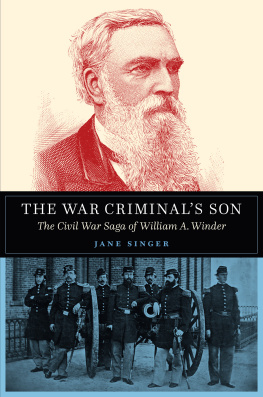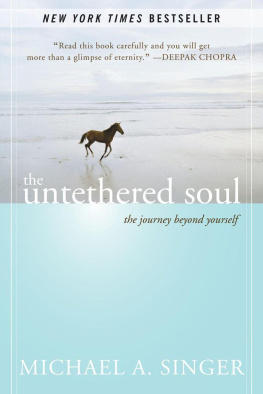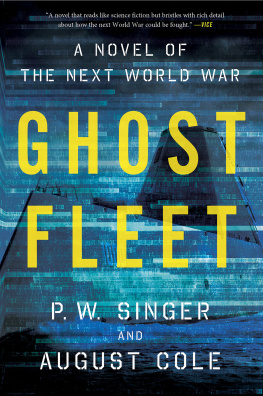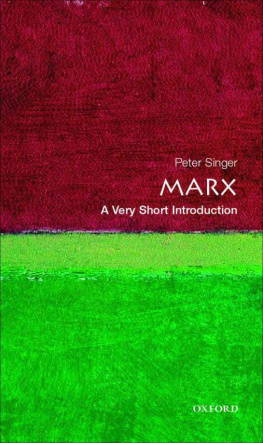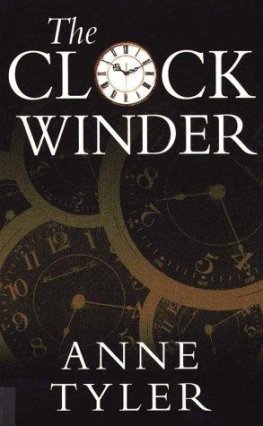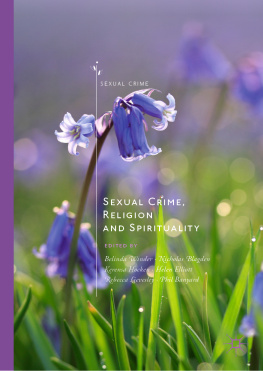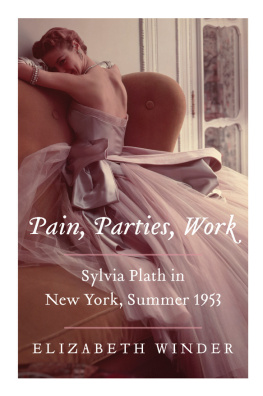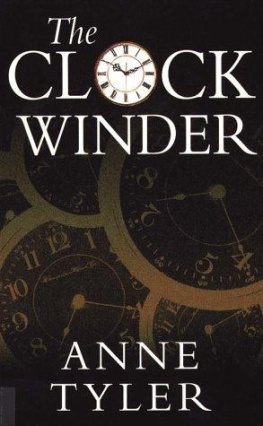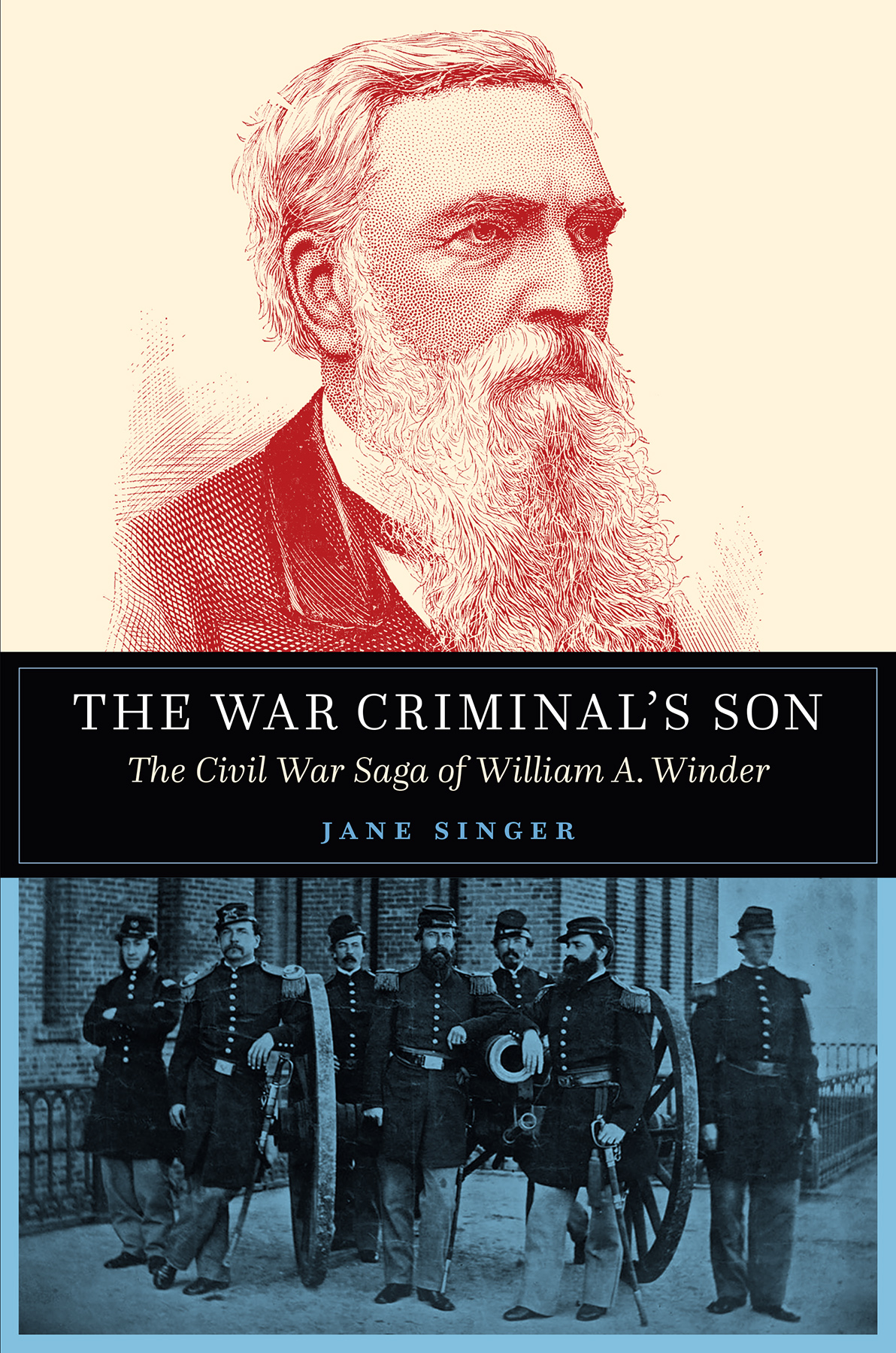
A must-read for those who enjoy the hidden stories behind American history. Ms. Singer has captured a tumultuous family history as she traces the life and trials of William Andrew Winder, the only Union man in an otherwise Confederate family.
Laurie Verge, director of the Surratt House Museum in Clinton, Maryland
Jane Singer is a passionate storyteller and indefatigable researcher. In William A. Winders compelling saga, she has met a subject worthy of her talents. Its a rattling good tale of shame and redemption, a metaphor, as the author demonstrates, for the recovery and reinvention of a fractured nation and her people at the time of the Civil War. Its great to see Singer in action again!
Richard Willing, intelligence officer and historian
A movie mogul once opined that there are thousands of stories from the Civil War that are worthy of a book or movie. Jane Singer identifies one in The War Criminals Son.... Captain William A. Winder led a long, peripatetic life, splendidly told here. The author confronts us with the excitement and detritus that filled his days.... This is a great read.
Frank J. Williams, founding chair of the Lincoln Forum and president of the Ulysses S. Grant Association and Presidential Library
The War Criminals Son
The Civil War Saga of William A. Winder
Jane Singer
Potomac Books
An imprint of the University of Nebraska Press
2019 by Jane Singer
All rights reserved. Potomac Books is an imprint of the University of Nebraska Press.
Cover designed by University of Nebraska Press; cover images are from the interior.
Author photo by Jessica Masser.
Library of Congress Cataloging-in-Publication Data
Names: Singer, Jane, 1947 author.
Title: The war criminals son : the civil war saga of William A. Winder / Jane Singer.
Description: Lincoln: Potomac Books, an imprint of the University of Nebraska Press, [2019] | Includes bibliographical references and index.
Identifiers: LCCN 2018051031
ISBN 9781612349114 (cloth: alk. paper)
ISBN 9781640121843 (epub)
ISBN 9781640121850 (mobi)
ISBN 9781640121867 (pdf)
Subjects: LCSH : Winder, William A. (William Andrew), 18231903. | Winder, John H. (John Henry), 18001865. | United StatesHistoryCivil War, 18611865Biography. | United States. ArmyBiography. | Confederate States of America. ArmyBiography. | United States. Army. Artillery Regiment, 3rd (18611865) | Military Prison at Alcatraz Island, California. | United States. ArmyPrisons. | Confederate States of America. ArmyPrisons. | United StatesHistoryCivil War, 18611865Prisoners and prisons. | Fathers and sonsUnited States.
Classification: LCC E 467.1. W 764 S 56 2019 | DDC 973.7092 [B]dc23 LC record available at https://lccn.loc.gov/2018051031
The publisher does not have any control over and does not assume any responsibility for author or third-party websites or their content.
In memory of
James Martin Singer
Know, my name is lost; by treasons tooth bare-gnawn and canker-bit: Yet am I noble as the adversary I come to cope.
William Shakespeare, King Lear, Act 5, scene 3
Contents
To all the fine scholars, diligent archivists, and generous colleagues who contributed time, energy, advice, and encouragement throughout my study of the life and times of William Andrew Winder, a debt of gratitude is owed.
I began my research in California, the beautiful sunlit state I proudly call home and where many of William A.s years of service, toil, struggle, and reinvention came into bold relief. For the countless hours I spent at the San Diego History Center with archivist Jane Kenealy, for her wisdom and willingness to allow me to nest among microfilms and view hitherto unseen records that illuminated the unexplored life of my subject, my great thanks. Also, at the San Diego History Center Christine Travers and Carol Meyers furnished valuable images of Old Town San Diego as well as an early lithograph of William A.; your help and attention were invaluable. As well, my repeated requests for materials were always promptly and patiently furnished by diligent and able researchers Ellen Sweet, Linda Canada, Karen Beery (the San Diego Coast District interpretation and education manager), and Ellen Green (volunteer and education service coordinator at the Whaley House Museum). Guire John Cleary, Garner Palenske, Tony Falcon, David J. McLaughlin, Dr. Robert J. Chandler, Kenneth Meza, Sister Barbara Jackson, and Betsey Culp gladly and generously helped expedite my requests for images and information.
At Alcatraz, my good friend and frequent correspondent John A. Martini, the eminent San Francisco historian, former park ranger, city guide, and author, led me deep underground to view the remains of the Citadel, the fortress that stood atop the island where during the Civil War Capt. William A. Winder, serving as post commander, and the men of the Third U.S. Artillery defended the Bay of San Francisco as ongoing threats from Confederate privateers and foreign invaders abounded. Thank you, John, for your time and your abounding knowledge. Lorna Kirwan, the collections manager at the Bancroft Library of UC Berkeley, graciously provided a hitherto unpublished image of William A. Winder at Alcatraz. Rebecca Crowther, the photo archivist at the Center for Sacramento History, furnished me with a rare photograph of Alcatraz and the Citadel. Charles Johnson at the Museum of Ventura County sent me an invaluable cache of personal letters from William A.s wife, Abby Goodwin Winder.
And figuratively following the route of William A. as he sailed out of California into uncertain waters, I found along the way Robbi Siegel at Art Resource in New York City, Mary Frances Ronan at the National Archives in Washington, and Patrick Kerwin at the Library of Congress Manuscript Division, also in Washington. All were at the ready and most generous with their time.
A very special thanks to Robert Scott Davis, professor of genealogy, geography, and history and director of the Family and Regional History program at Wallace State Community College in Hanceville, Alabama. Bob has been both constant friend and educator as I gingerly ventured into the dark and tragic history of Andersonville Prison.
As I followed William A. to his final, grueling post at South Dakotas Rosebud Reservation, I thank Joyce Burner at the National Archives in Kansas City, Missouri, Prof. Jon Taylor at the University of Central Missouri, Russell Eagle Bear, who is the tribal historic preservation officer of the Rosebud Sioux Tribe in South Dakota, Matthew T. Reitzel at the South Dakota State Historical Society, and Martha Grenzeback at the Omaha Public Library. These fine men and women made my journey to an unfamiliar, faraway place where proud Sioux warriors once freely roamed a true illumination.
And at Portsmouth, New Hampshire, I thank and praise Elizabeth Farish, chief curator at the Strawbery Banke Museum, who always generously gave me her time and allowed me to use in this work some marvelous images of William A.s wife Abby Winder and her father, Ichabod Goodwin, who was a former New Hampshire governor.
Author John Stewart, my dear friend, was and will remain an important part of my tumbles into the endless rabbit holes of hidden history. I cannot image a time when our work together has not and will not be a thrilling adventure.
To Ann Harezlak, words cannot describe how I value you. And to Tom Swanson Joeth Zucco, Tish Fobben, Rosemary Sekora, Jackson Adams, Abby Stryker, Andrea Shahan, and Natalie ONeal at the University of Nebraska Press (Potomac Books), your patience and support have been a gift. To Maureen Bemko, your thoughtful and important copyedits have taught and guided me.
Next page
